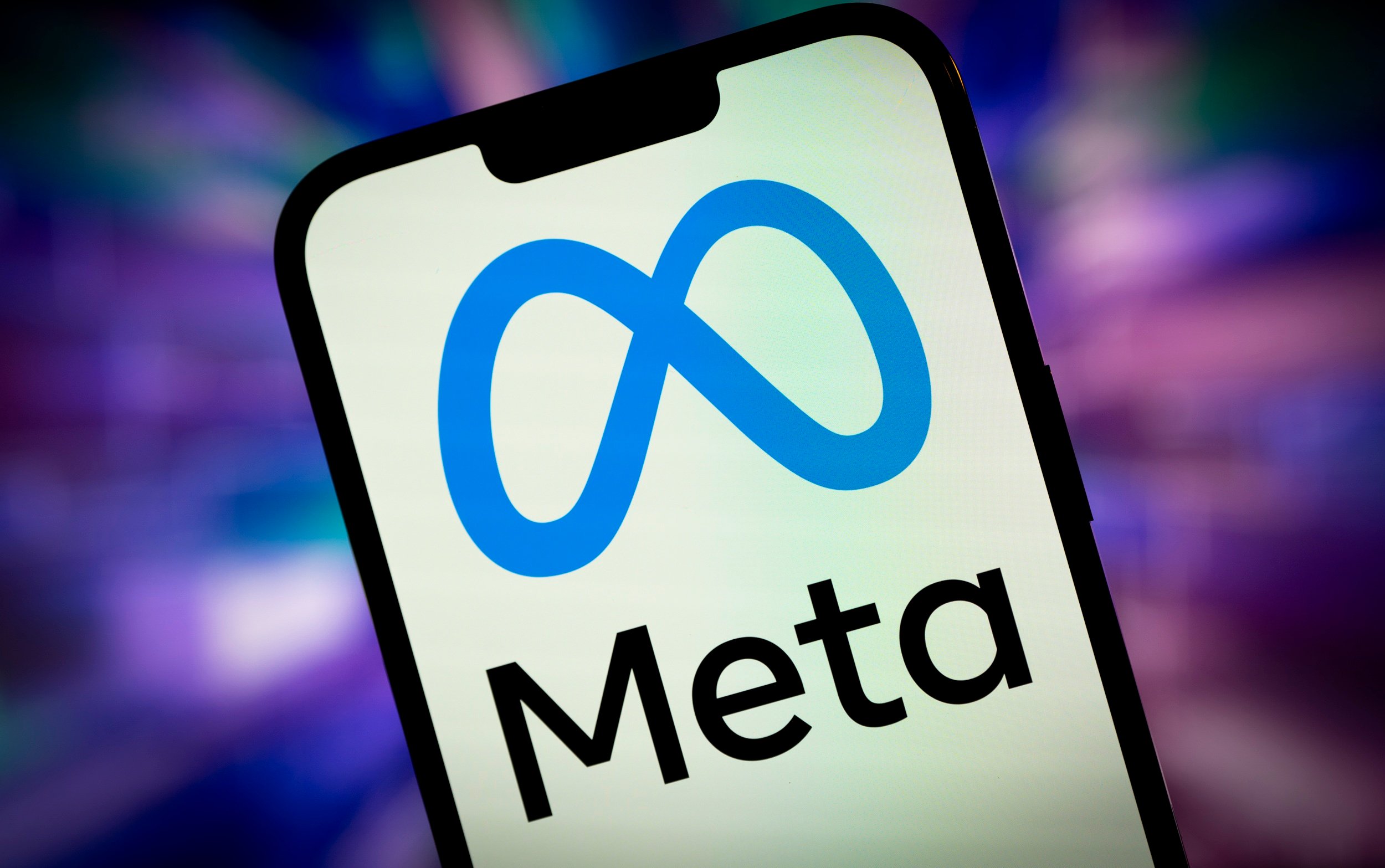
Image source: WeChat.
Chinese social network WeChat just passed 800 million monthly active users, according to Tencent's (TCEHY +0.72%) most recent earnings report. Users grew 34% year over year, taking longer for WeChat to go from 600 million to 800 million than either Messenger or WhatsApp, which each took about eight months.
Although WeChat's active user count is growing more slowly than Facebook's (FB 0.63%) messaging apps, it's a dominant force when it comes to monetizing messaging and user engagement. KPCB analyst Mary Meeker estimates that users spend an average of 70 minutes per day using WeChat in China. Facebook says its users spend 50 minutes per day between Facebook, Instagram, and Messenger combined.
Estimates from Demystify Asia as reported by eMarketer put WeChat's average revenue per user at more than $7. And the vast majority of those users are in Asia. Facebook's average revenue per user in Asia Pacific last year was just $5.45.
Moreover, Facebook doesn't generate any revenue from Messenger or WhatsApp now that it's dropped the $1-per-year subscription fee for WhatsApp. It's been making efforts to emulate WeChat's success in Messenger, but it still has much to learn from its success.
Users keep money in their "wallet"
WeChat's Wallet is tremendously effective at getting users to add their payment information. The feature allows users to do things such as hail a taxi, but also includes basic services such as paying a utility bill, buying movie tickets, booking travel tickets, or buying special discounts form China's most popular online store, JD.com.
As of the end of the third quarter last year, more than 200 million users had connected their bank accounts to one of Tencent's payment services. It also operates a similar service through its legacy QQ platform.
Most recently, WeChat added loyalty cards to its wallet, and it's working with retailers to replace physical loyalty cards with digital cards in WeChat. During the company's second-quarter earnings call, Executive VP James Mitchell told analysts that the feature caused rapid growth in adoption of Weixin Pay. ("Weixin" is the Chinese name for WeChat.)
Tencent collects 0.1% of every transaction. With tens of billions of dollars being sent through WeChat every month, those fees add up. More transaction volume also provides more advertising opportunities and targeting data for Tencent to use.
You have to pay to get users to pay
Importantly, WeChat didn't simply build the WeChat Wallet and wait for people to come. It partnered with various companies to promote the service until it built up a sizable user base. Last year, it promoted its virtual red envelope feature, which allows people to send money to friends and family, with $128 million in free money sponsored by various corporations. As a result, the total number of red envelopes grew from 20 million in 2014 to 1 billion in 2015 to 8 billion in 2016.
Since introducing peer-to-peer payments in March of last year, Facebook has done nothing to promote the fact that you can use Messenger to send money to friends, hail an Uber or Lyft driver, or book a room at certain hotels.
If Facebook is serious about turning Messenger and WhatsApp into apps where users can interact with businesses and make purchases, it needs to give users incentive to connect their payment information. The company has over $23 billion in cash and equivalents on its balance sheet and 3 million active advertisers that it already works with that may be willing to contribute cash or discounts of their own to offer incentives to users.
Where Facebook needs to focus
What's most interesting about WeChat's success is that it's generating $7 per user in China. It's not the amount that's particularly interesting, but the Chinese market itself. China is a market where mobile leapfrogged past PCs, and most people use their smartphone as their primary computing device. That's part of what's enabled WeChat to have such great success, as it provides a portal to all sorts of services that people in most developed markets are used to accessing through their desktop internet browsers.
As such, Facebook's biggest focus should be on developing markets where easy access to basic services on mobile devices doesn't exist. The good news for Facebook is that it has a significant presence in developing markets. Its second largest user base after the United States is India, where internet users grew 40% year over year.
Messenger's biggest opportunity is in markets such as India and those most similar to China. But Facebook has thus far focused its efforts on the United States. Shifting its focus and learning from how WeChat established its position in e-commerce in China could help Facebook improve its average revenue per user in the Asia-Pacific and rest-of-world regions.







